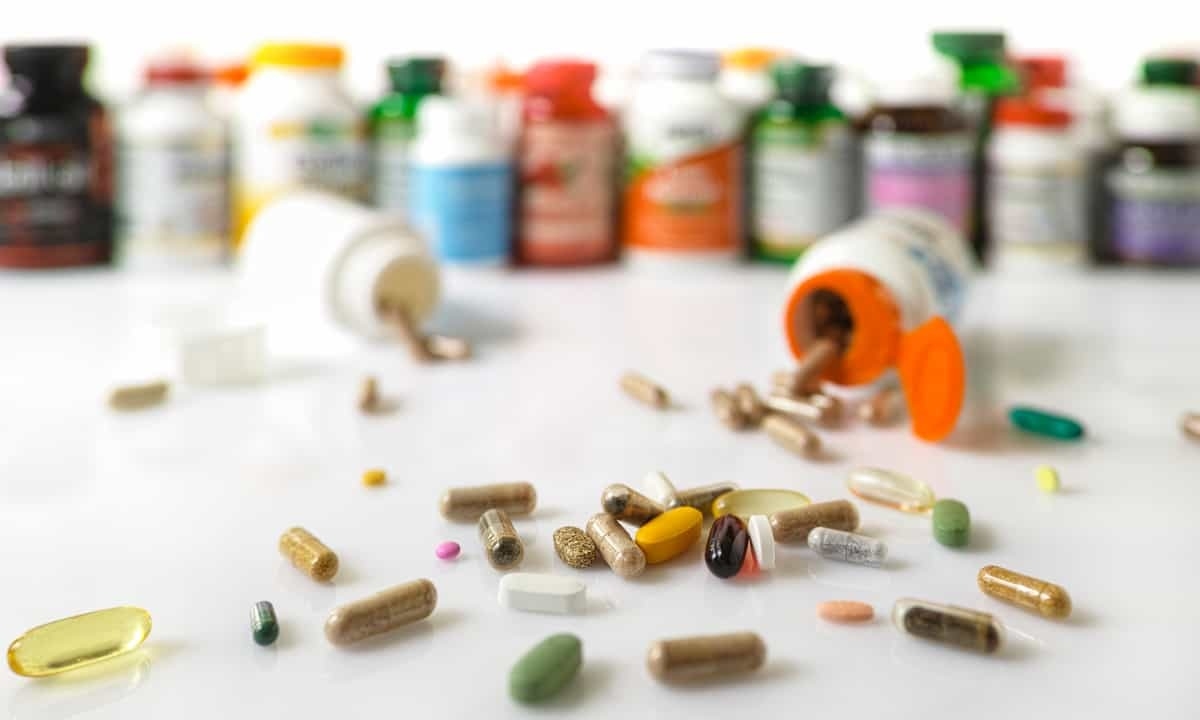Hidden Dangers of Supplements: How They Can Harm Your Liver and Kidneys
Today, millions rely on supplements for everything from boosting energy to improving hair growth or losing weight. However, what many don’t realize is that supplements—especially when misused—can silently damage your liver and kidneys, two of the most vital organs in your body.
Let’s dig deeper into the most overlooked supplement risks and how to use them wisely—without compromising your health.
The Myth of “Natural” Safety in Herbal Supplements
Natural Doesn’t Mean Risk-Free
There’s a common belief that if something is “herbal” or marked “natural,” it must be safe. Unfortunately, this assumption can be dangerous.
Herbal supplements like comfrey, kava, and green tea extract have been linked to severe liver damage and even organ failure. These compounds can interfere with how the liver metabolizes medications, increasing the risk of toxicity or interactions.
The Liver Is Overburdened
Your liver acts as a filter. Adding unknown herbs into that mix—especially alongside prescription drugs—overloads the liver, potentially leading to toxic buildup or inflammation.
Protein Powder: A Silent Stressor on the Kidneys
Excess Protein Isn’t Always Better
Protein is crucial for muscle recovery, yes—but there’s a limit. Consuming excessive protein from whey, casein, or mass gainers can create nitrogen waste, which your kidneys have to process.
If your kidneys are already under strain, even unknowingly, this overload can cause gradual and irreversible damage.
At-Risk Groups
People with borderline kidney function, diabetes, or high blood pressure are especially at risk. Without proper hydration and moderation, protein overload can lead to lowered kidney efficiency or even failure over time.
Combining Supplements Without Understanding Ingredients
Supplement Stacking and Toxic Nutrient Levels
Many people take multiple products—like multivitamins, immunity boosters, hair growth pills—without realizing that they contain overlapping ingredients.
-
Too much Vitamin A can be toxic to your liver.
-
Excess Iron builds up in organs, leading to fibrosis.
-
Selenium overload can cause gastrointestinal distress and, over time, organ damage.
Always read ingredient labels and avoid unintentional mega-doses.

The Fat Burner and Detox Pill Trap
The Most Misleading Category
Weight-loss and “detox” supplements are constantly marketed as health solutions—but many contain:
-
Stimulants like synephrine or caffeine anhydrous
-
Diuretics like dandelion root extract
-
Laxatives that promise a slimmer waist but dehydrate the kidney system
These are not cleansing your body—they’re stressing your organs, especially the liver and kidneys.
False Claims, Real Damage
Despite their promises, the science behind detox pills is weak. Instead of removing toxins, they can increase oxidative stress, flushing out essential electrolytes and pushing your kidneys to the limit.
Risks of Self-Dosing Without Medical Advice
Hidden Health Conditions Make It Riskier
One of the most overlooked supplement dangers is starting them without medical screening—especially for those with chronic conditions like:
-
High blood pressure
-
Pre-existing liver or kidney disorders
-
Diabetes or fatty liver disease
Popular Supplements That Pose Hidden Dangers
-
Creatine: Can worsen kidney stress in people with renal issues.
-
High-dose Vitamin D+Calcium: May lead to kidney stones or calcium buildup.
-
Iron supplements: Dangerous when taken without checking blood levels.
Skipping your doctor’s input is like taking a medicine without reading the label—it might work briefly, but the consequences can be serious.
Safe Supplement Use: What You Should Know
Read Labels and Understand Dosages
-
Check for duplicate ingredients.
-
Stick to Science-based tolerable upper limits.
-
Less is often more—don’t double doses if you miss one!
Consult Before You Consume
A simple blood test and a short consultation with a healthcare provider can prevent long-term organ damage. Supplements should complement a healthy lifestyle—not replace medical treatment or balanced nutrition.
Final Thoughts: Be Mindful, Not Fearful
Supplements can be beneficial. But when taken incorrectly or in excess, they can silently harm your liver and kidneys—often without immediate symptoms.
So before you pop another pill or scoop another protein shake, ask yourself:
-
Have I checked for interactions?
-
Am I already getting this nutrient from another source?
-
Do I need this, or am I just guessing?
Prevention starts with awareness. Your body—and especially your liver and kidneys—will thank you.